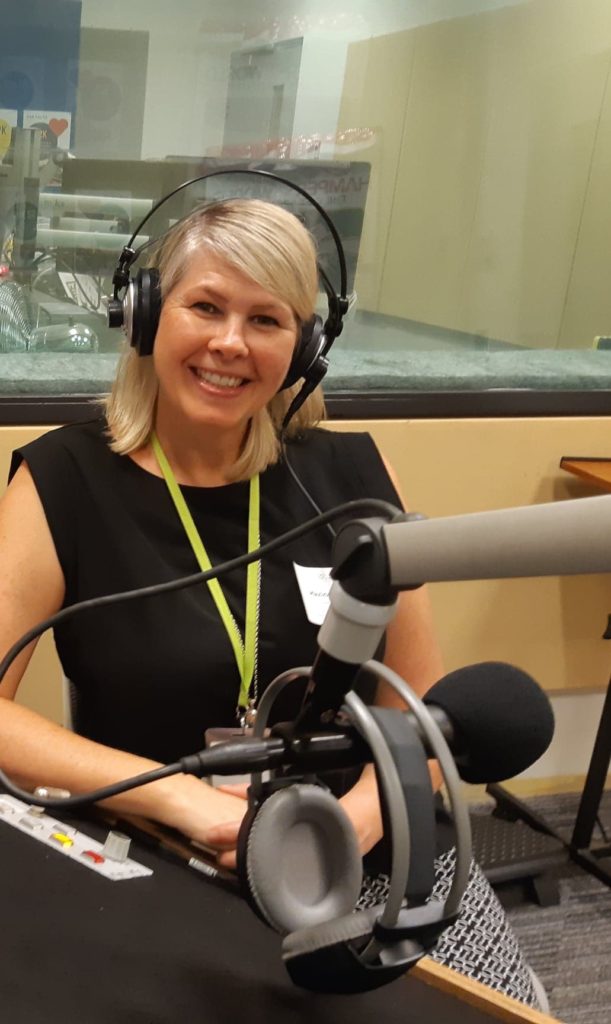An acoustic neuroma journey
Hi, my name is Maxine and this is my story:
In 2016 I came down with a virus infection. When, after six weeks, I still felt like my left ear was blocked 24/7, I decided to do something about it. I was referred to an ENT who sent me off to have a hearing test and an MRI – just to rule out an acoustic neuroma. He said it was a very slim chance as it was very rare, but had to rule it out. I had the scan and it turned out; I did have a moderate-sized neuroma. I panicked. My anxiety went through the roof. What did this mean? What was in store for me? It was not something nice to think about.
The ENT doctor referred me to a specialist surgeon. He was a lovely man that talked me through all of my options and recommended that I have the neuroma removed within a short time span, as it was putting pressure on my brain stem. I had already lost a significant part of hearing in the affected ear and was conscious that my balance was going to be severely impacted. After various consults with the specialist surgeon and his team, I made an informed decision to undergo a surgical procedure that would provide optimal outcomes for tumour removal but, unfortunately, would leave me with a permanent hearing loss in my left ear.
Before the procedure I felt that my hearing loss was so already significant that losing my hearing entirely wouldn’t have made much of a difference. It was a huge awakening when I did lose it. It was a huge difference. When I woke up from the surgery, I was positioned to lie on my right, which was my good hearing side, due to surgery on the left ear. Therefore, I could not hear anything around me. I had no balance whatsoever and I had temporary facial paralysis. Combine them together and it’s a significant impact on your life. I couldn’t drive for several months and it took probably six months until I fully regained what I had lost, but the hearing loss was permanent. I tried hearing aids six months after the surgery, but I took them back as they did not provide me the quality of life I was hoping for. I was disappointed that I didn’t get a cure – nobody told me what the hearing aids would and would not do.
Having hearing loss has been an interesting journey. I am extremely grateful to the team at the Alfred Hospital where my surgery was conducted, but I wish I had had an opportunity to talk with an audiologist that could’ve given me information before and after the surgery about the impact hearing loss would have on my quality of life. Reflecting back now, it would have been so helpful to have been equipped with coping strategies. Before the surgery, I would’ve jumped at the chance of going to social gatherings. Afterwards, I did anything to avoid those situations. It is not as simple as accepting an invitation anymore as I have to strategise everything I do in a public space. Will I be able to hear the conversation? Will the tinnitus be worse afterwards? But strategizing on my own didn’t work to be honest. How do you strategize peak hour in a restaurant? You just can’t.
I went through grief until I came to accept that this is my life now. It has probably taken me two and a half years to get there. But now I disclose my hearing loss to people and advocate for my needs. I also pour this lived experience into my professional role as an owner and operator of a business within the disability sector. I feel it is important for me to choose to share my story so that people hopefully reach acceptance before I did. Creating awareness and receiving understanding is first and foremost on the journey of healing.

You can learn more about Maxine and her work by visting AccessAbilityAustralia.